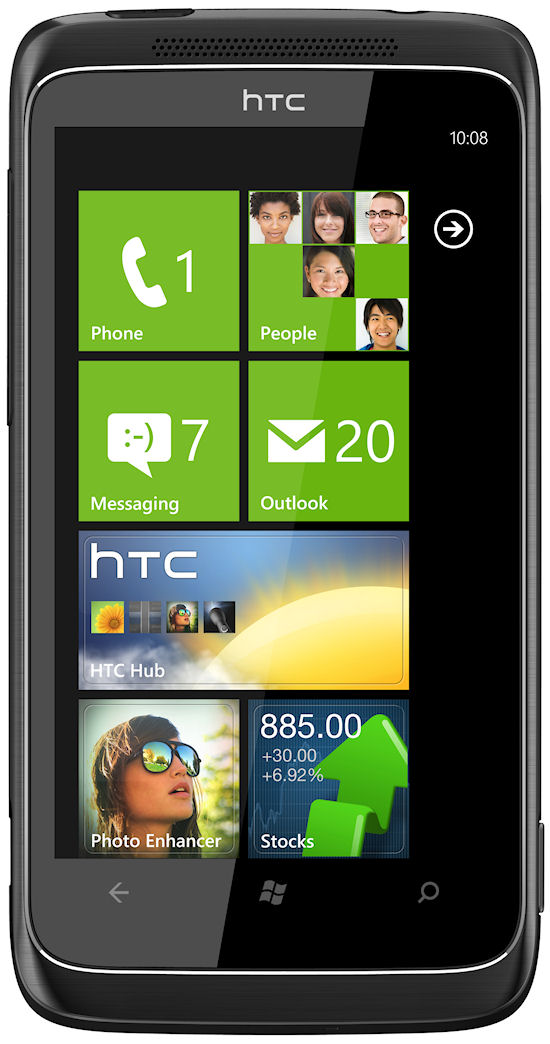February
In many ways this was the year of ARM, as mobile chips started to rival those from Intel and AMD for column inches. ARM's presumed association with the iPad contributed to a prolonged surge in its share price, such that it replaced Cadbury's in the FTSE 100 in early February. Further evidence that this would be ARM's year came in the form of a booming smartphone market.
Another trend that dominated the technology year was social networking. It soon became clear that it was to be a key battleground in the mobile Internet land-grab, and every new smartphone launched proclaimed itself optimized for Facebook and Twitter. Microsoft's approach to this was to cozy up to Facebook, while Google decided to launch its own, ill-fated effort.
February is the month for the big mobile phone event of the year - Mobile World Congress. The biggest single piece of news from the 2010 event was the launch of Windows Phone 7, Microsoft's big roll of the dice in the mobile market. Nokia and Intel were also under pressure to increase their relevance in the era of the smartphone, and they announced they were combining their OS efforts.
The other trend that characterized MWC 2010 for us was the competing claims of the various chip players. So we had Intel, TI, Qualcomm, NVIDIA and Marvell all telling us why they were best. Meanwhile ARM, as ever, focused attention mostly on its partners, but did find time to tease its upcoming new high-end CPU core - Eagle.
One more precedent was set for the year in February, with the announcement from Virgin Media that it would start to roll-out 100mbps fibre broadband by the end of the year. This presaged a public arms war between themselves and BT about who could offer the fastest broadband to the most people, which eventually even drew in the UK government.










